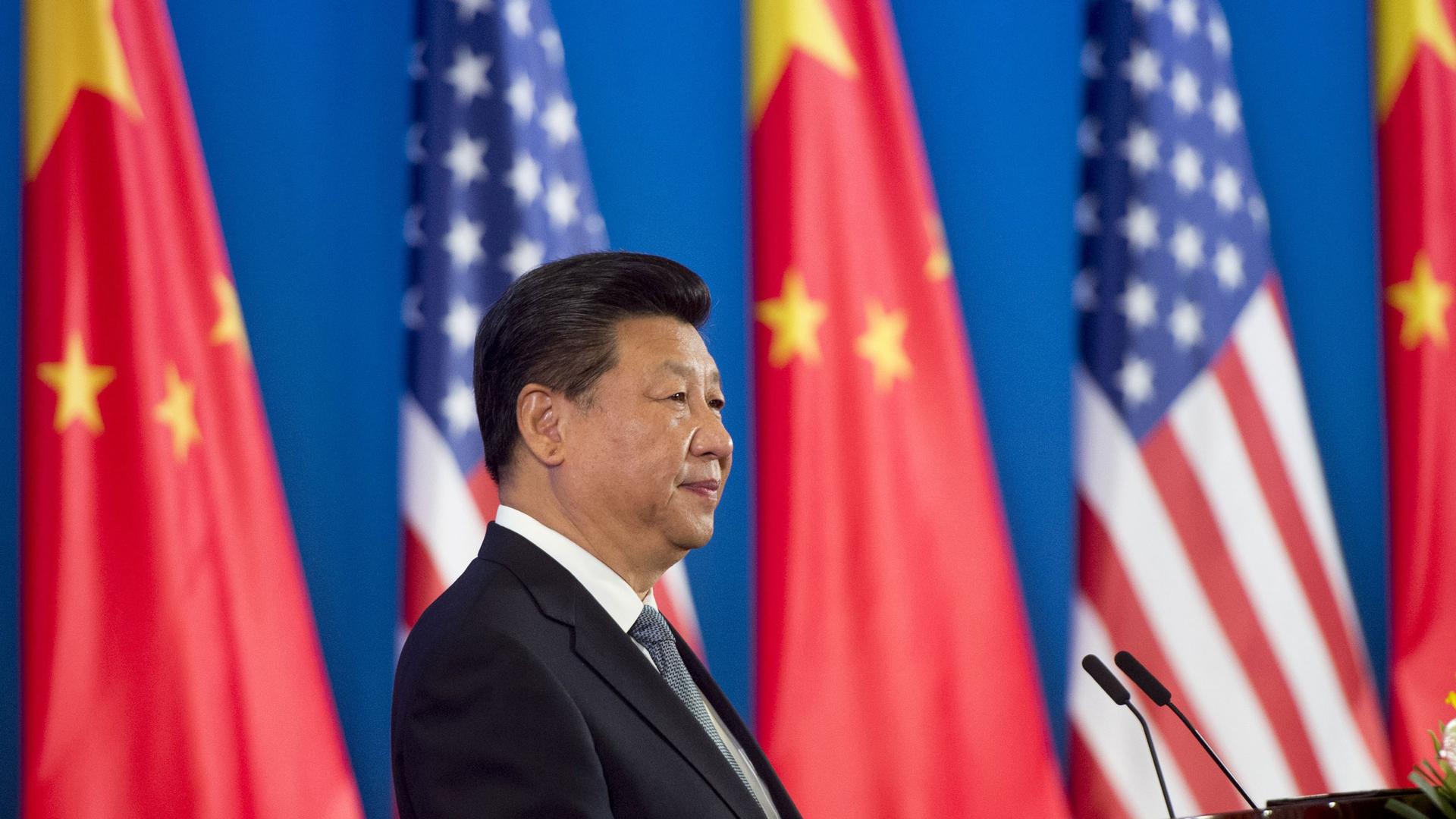This analysis was featured in Critical State, a weekly foreign policy newsletter from Inkstick Media. Subscribe here.
Like other forms of government, autocracies exist on a spectrum of power sharing relationships. Some autocracies, while having a singular public face, feature a head of state checked internally by the heads of powerful institutions and factions which cannot easily be displaced. In other autocracies, a single leader outmaneuvers other elites and concentrates power in a form of personalist rule. While externally an autocrat checked by an elite may appear indistinguishable from an autocrat in full control of the state, the distinction matters, and can be seen in some forms of risk-taking behavior.
Related: Undemocratic shifts for state control: Part I
That’s at least one argument suggested in a forthcoming paper by Andrew Leber and Matthew Reichert of Harvard University and Christopher Carothers of the University of Pennsylvania. (Full disclosure: I have collaborated with Leber as part of Fellow Travelers Blog). Leber, Carothers, and Reichert argue that when an “old guard” of “retired leaders, party elders, and other elites” of a previous generation “retain oversight capacity over their incoming successor, he or she is less likely to overturn power-sharing arrangements and consolidate individual power.”
The key question posed by the research is about how and when power in regimes concentrates into the hands of a single individual. While some regimes are founded around a dictator or equivalent figure, other governments become more personalist as power-sharing arrangements among entrenched elites get undermined and broken down.
Related: What does ‘legitimacy’ mean: Part I
The old guard are crucial to Leber et. al.’s argument. They’re the difference between a leader and a leader’s regime, as combined years of experience and their own networks of patronage and loyalty give these established figures sway over future events. This power could be formal, through a legal structure like a guardian council, or it could be informal, like cultivated personal loyalty of subordinates.
What is crucial is that an old guard, as a collection of powerful figures, have the tools and experience to constrain the power of an autocrat, but the old guard must often have trust and coordination in order to do it. In using China’s three post-Mao leadership transitions as a guide, the authors outline how a power-sharing agreement came into force after the death of a highly personalist leader, a system that was durable for over three decades.
Related: What does ‘legitimacy’ mean: Part II
When Hu Jintao, an outgoing unpopular leader was unable to retain personal power or authority in 2012, he was succeeded by Xi Jinping, who promised sweeping changes that his predecessor had failed to deliver. The elites that had checked Hu in his early years of rule were old, and often retired, leaving space for a leader to consolidate power. After consolidation, Xi launched sweeping anti-corruption purges, but as the authors argue, that should be seen as a consequence of his concentrated power, not a cause of it.
What the research shows, more broadly, is that the outward appearance of abrupt policy changes can stem from internal yet opaque power structures, rather than just the shifting moods of an all-powerful autocrat. Personally consolidated power can give a leader freedom to act, but it can also insulate them from dissenting elite opinion. When it comes to matters as serious and fraught as launching wars, personally consolidated power can present a crushing liability.
Critical State is your weekly fix of foreign policy analysis from the staff at Inkstick Media. Subscribe here.
